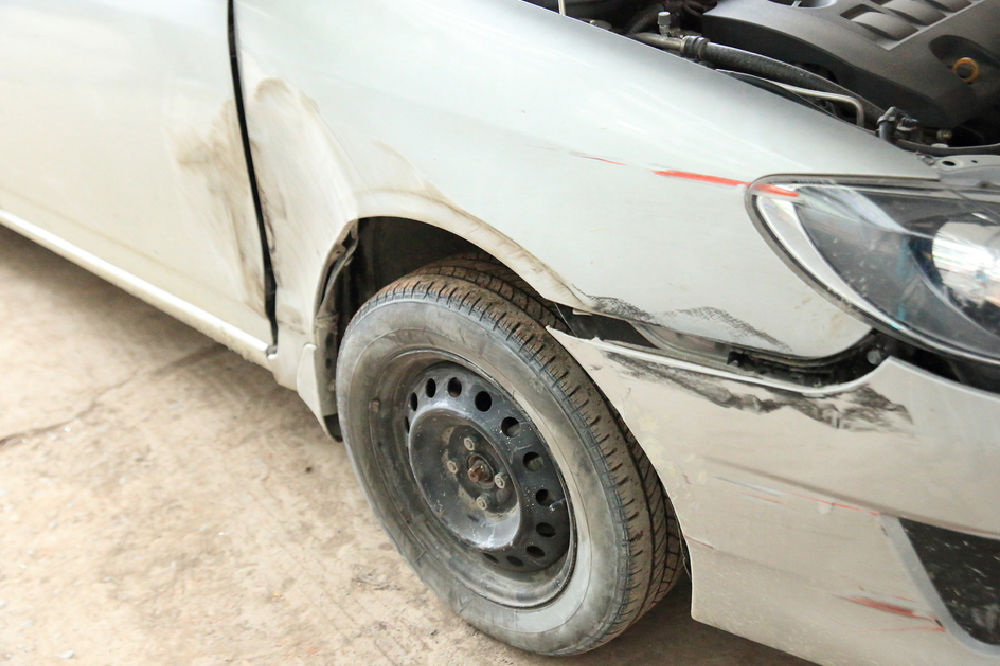Even a tiny accident can be caused by a split-second of distraction, but do you need to wait for the police to arrive if you simply scratch someone’s parked car or tap bumpers in a busy parking lot? Can you just drive away? The response is based on the nature and severity of the event, as well as who was most at fault, similar to how most inquiries regarding auto accidents and insurance claims are answered.
You must legally report any auto accidents in Indiana that result in someone getting hurt, killed, or trapped. Aside from the automobiles involved, accidents that result in property damage must also be reported. Therefore, you are not required to report an accident if there were no injuries and only minor damage to the vehicles involved. However, whether or not it is required by law, reporting your accident will be crucial if you want to file a personal injury claim to recover damages.
When Should You Call Law Enforcement?
In Indiana, you don’t need to dial 911 unless someone has been harmed in an automobile accident or there has been $1,000 or more in property damage. However, you must always pull over and provide the other driver with your insurance information, license information, and contact details. You must contact a law enforcement officer and provide the necessary information if you are unable to locate the other driver (who struck a parked automobile) and have made a reasonable effort to do so.
There may be situations where there are tense exchanges or uncooperative drivers. You have the right to request a police officer arrive at the scene to get this information if the other driver refuses to disclose insurance details or if you think they don’t have insurance.
Even in the best-case scenario, some Indiana car collisions are just significant enough to result in injuries that take time to manifest. Calling an officer to the site to document the accident is usually a good idea in cases where the injury is uncertain but probable (for instance, if someone strikes their head hard but is still aware and able to communicate). This way, the other driver and their insurance company won’t be able to dispute that the accident truly occurred if you sustain any injuries (physical or mental) as a result of the collision.
Even though it’s not always necessary, contacting law enforcement following a collision will support your insurance claim and personal injury claim should any damages other than those to your automobile surface later on. The police report from the officer verifies the accident’s location, date, and time as well as the people involved and gives the information provided at the scene legal weight.
Actions You Must Take After an Indiana Car Accident
Never drive away from an accident site without stopping first. After a collision, you should stop immediately, away from the flow of traffic, and help anyone who may need it. Make sure to dial 911 if anyone is seriously hurt. You also need to exchange names, contact details, license plate numbers, driver’s license numbers, and insurance information with all parties involved in the collision. Additionally, you must call the authorities if there were injuries, fatalities, damage to objects other than the vehicles (like a street lamp or guardrail), or damage to the vehicles totaling more than $1,000.
Always be careful what you state when you report the incident to the police and your insurance company. Never make assumptions about how or why a crash happened but rather stick to the facts. Even if you believe you had a hand in the crash, do not apologize or assign blame in any manner, and do not discuss the severity of your injuries. Leave it to the medical professionals to determine the extent of your injuries.
Contact an Indiana Car Accident Lawyer Today
If you were involved in an accident caused by someone else’s negligence, Crossen Law Firm is here for you. Our Indianapolis personal injury lawyers are equipped with the knowledge and resources to help you with your claim and advocate for your best interest.
To schedule a free consultation with our reliable team, dial (317) 401-8626 today. Or contact us online.

 317-401-8626
317-401-8626 
.jpg)